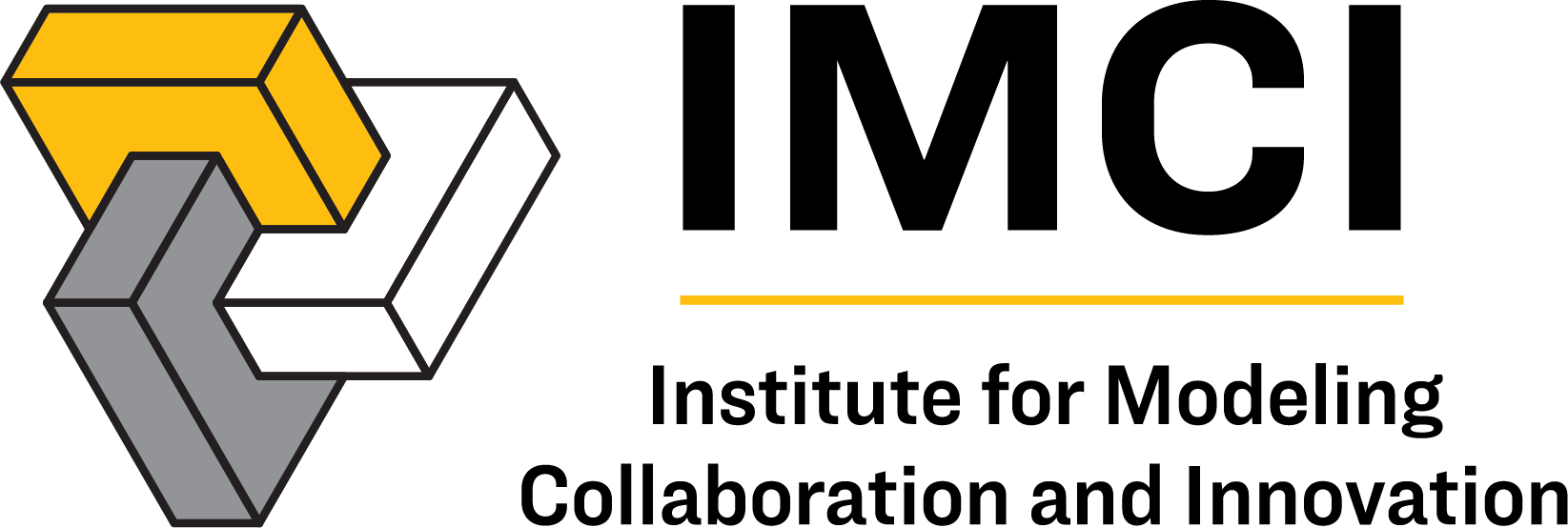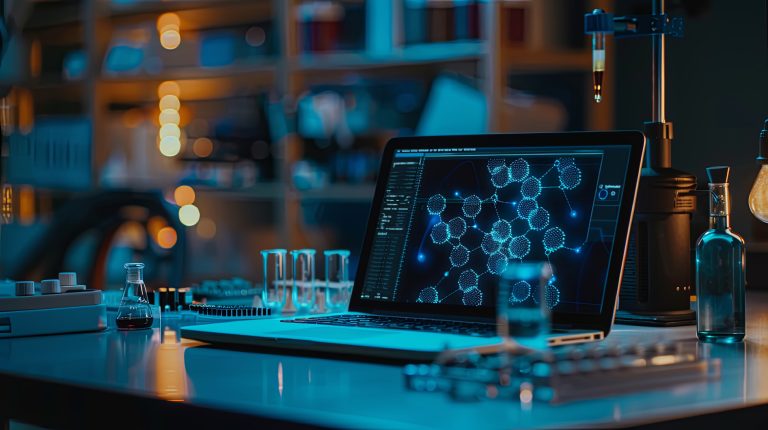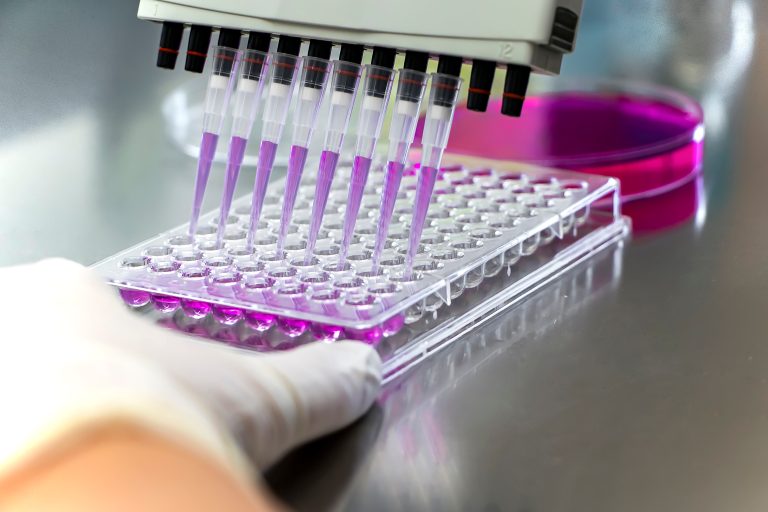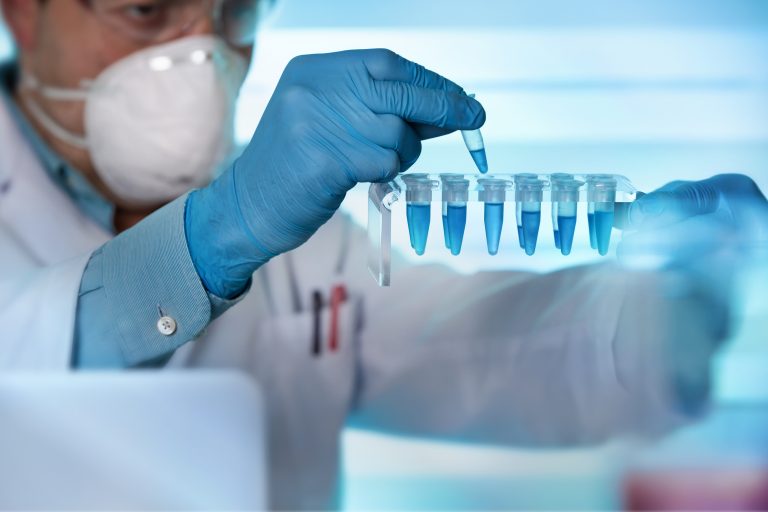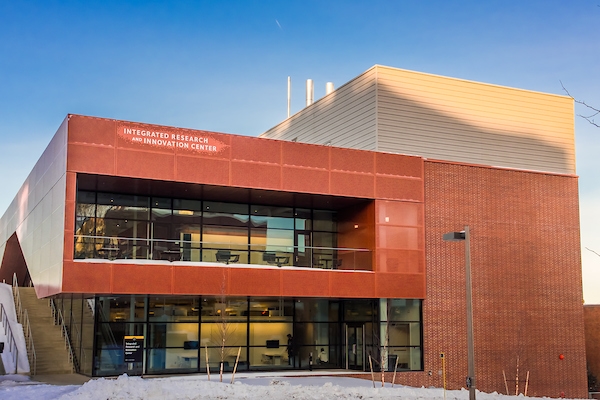Open and Reproducible Science Workshop
Reproducibility of research results across repeated studies is a defining feature of science. However, in the last few years scientists across several fields including (but not limited to) psychology, cancer biology, biochemical science, preclinical research, ecology, and evolution have been facing difficulty reproducing well-known results in their respective fields. This disconcerting trend has resulted in…
